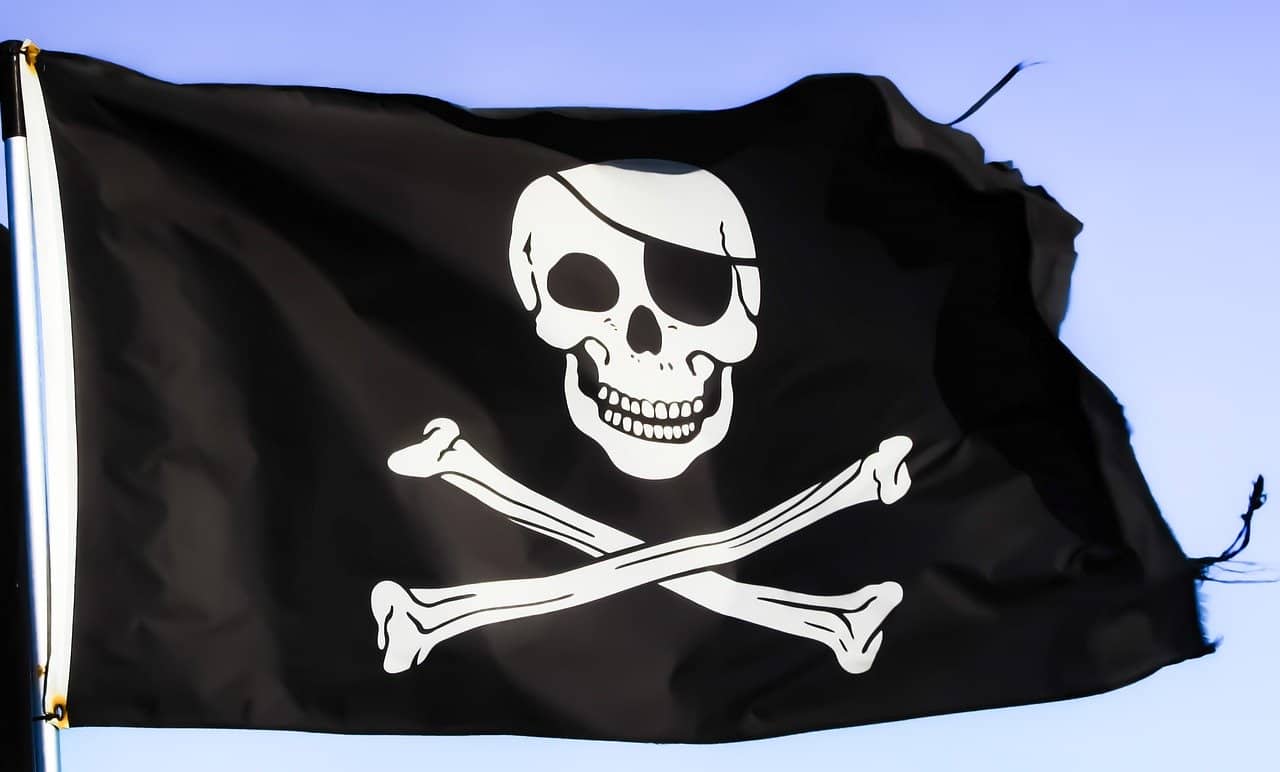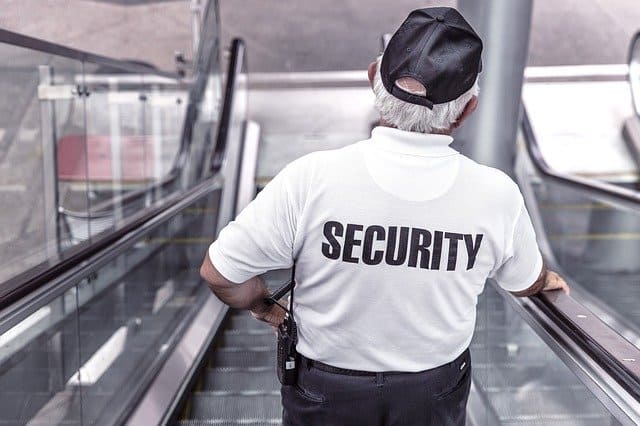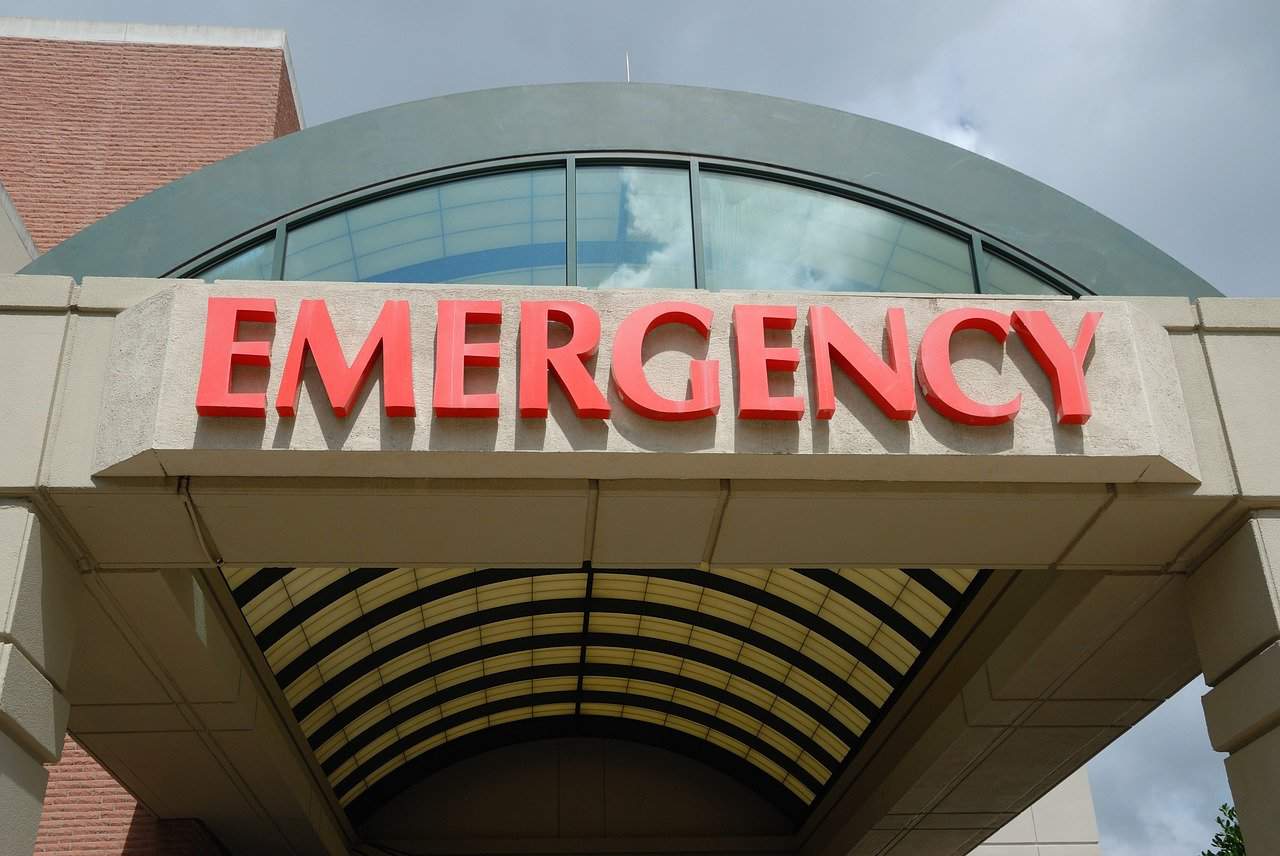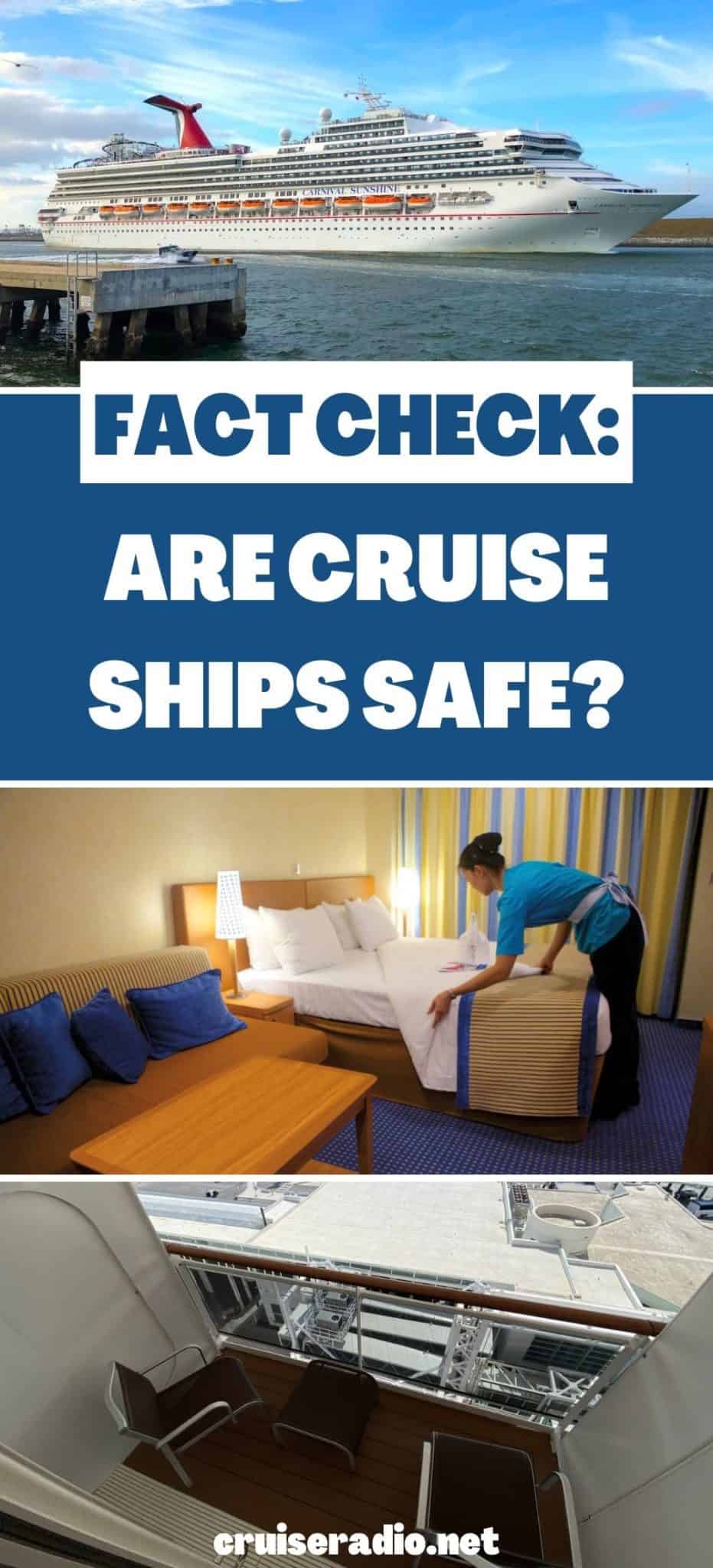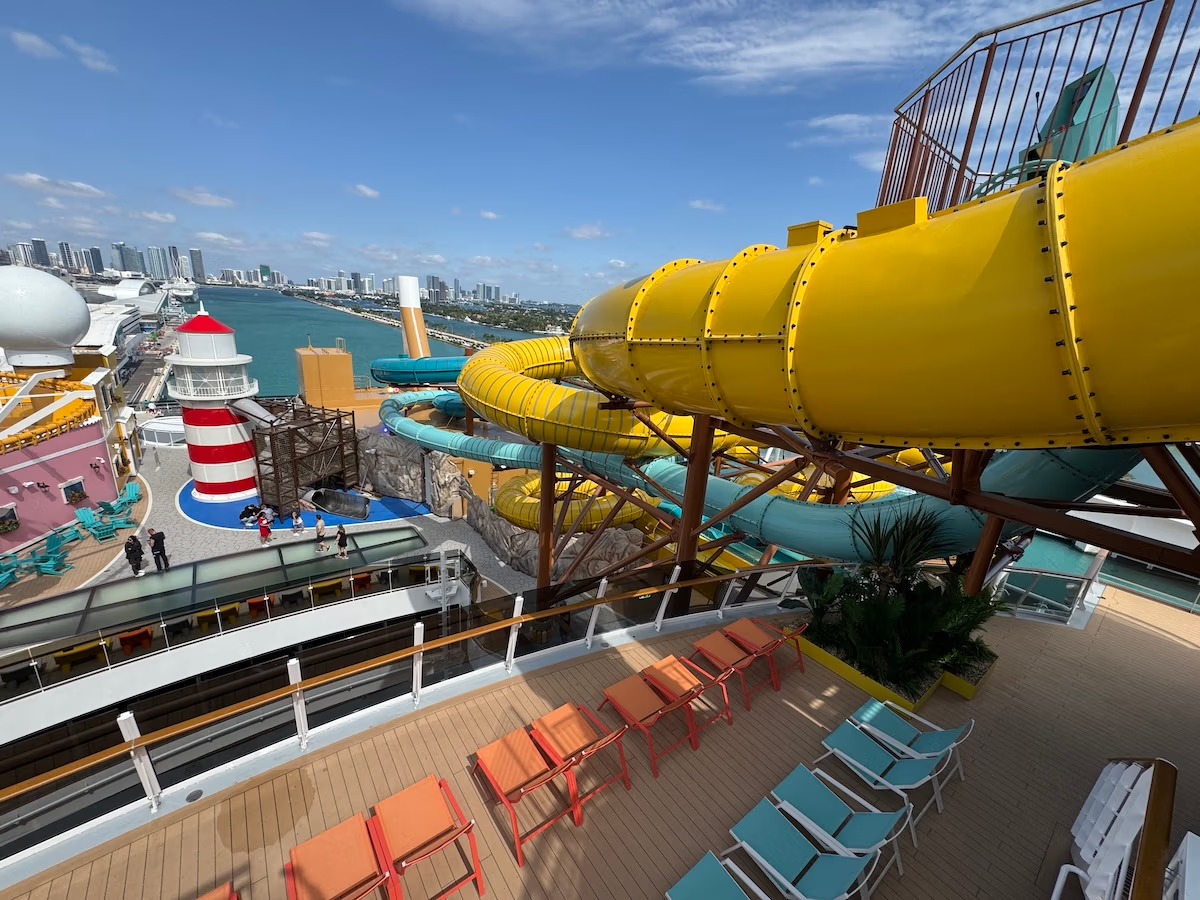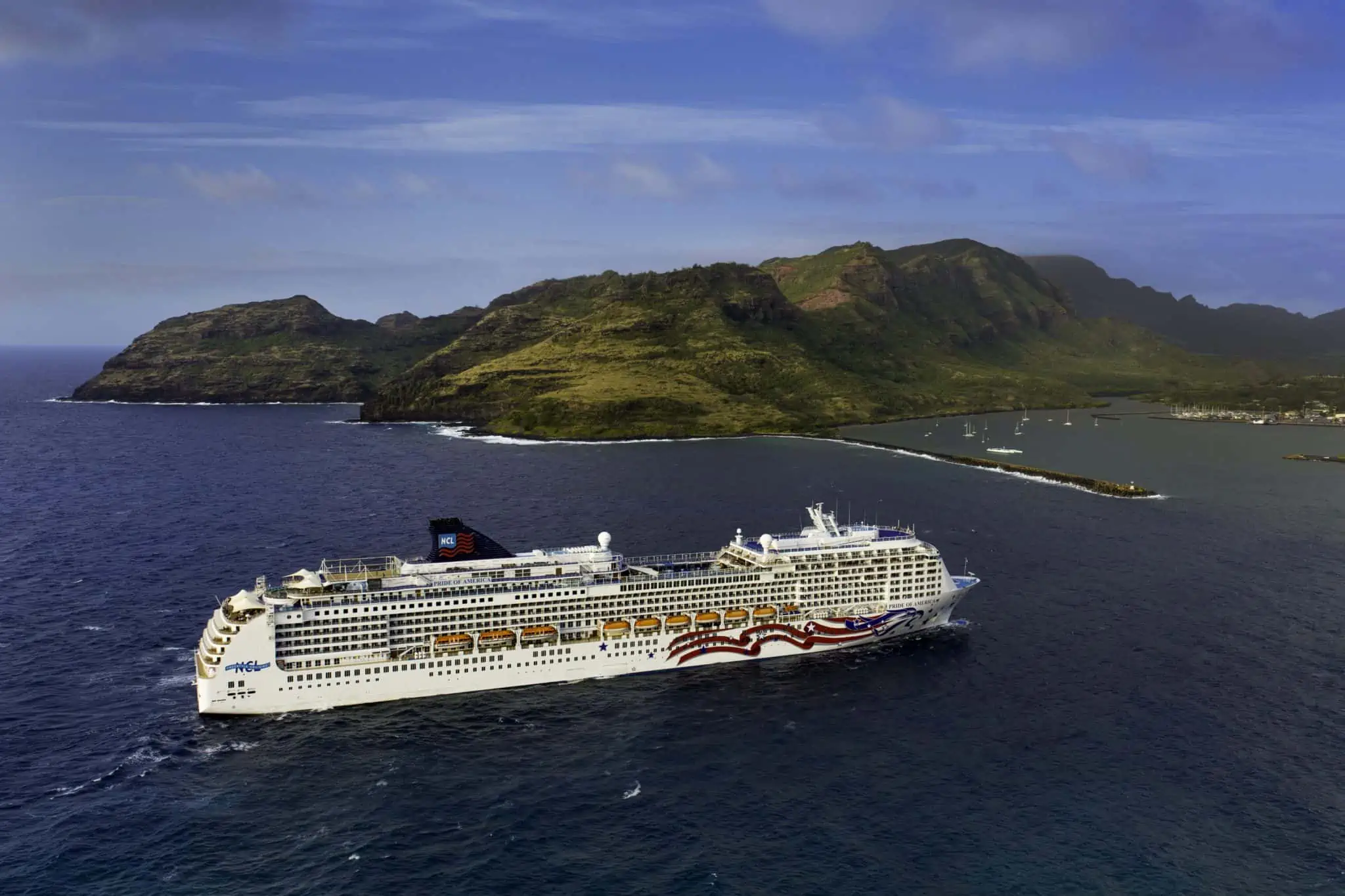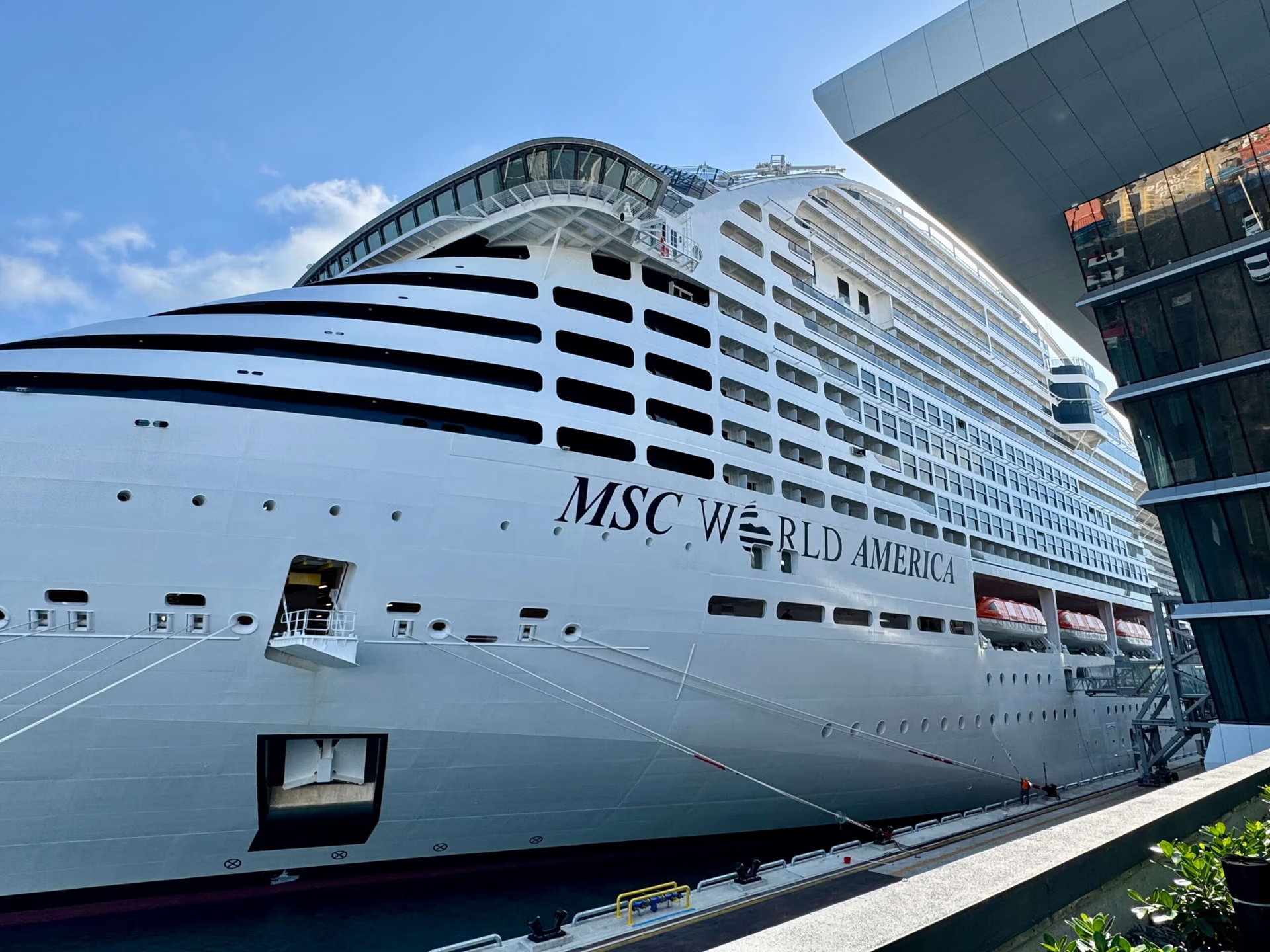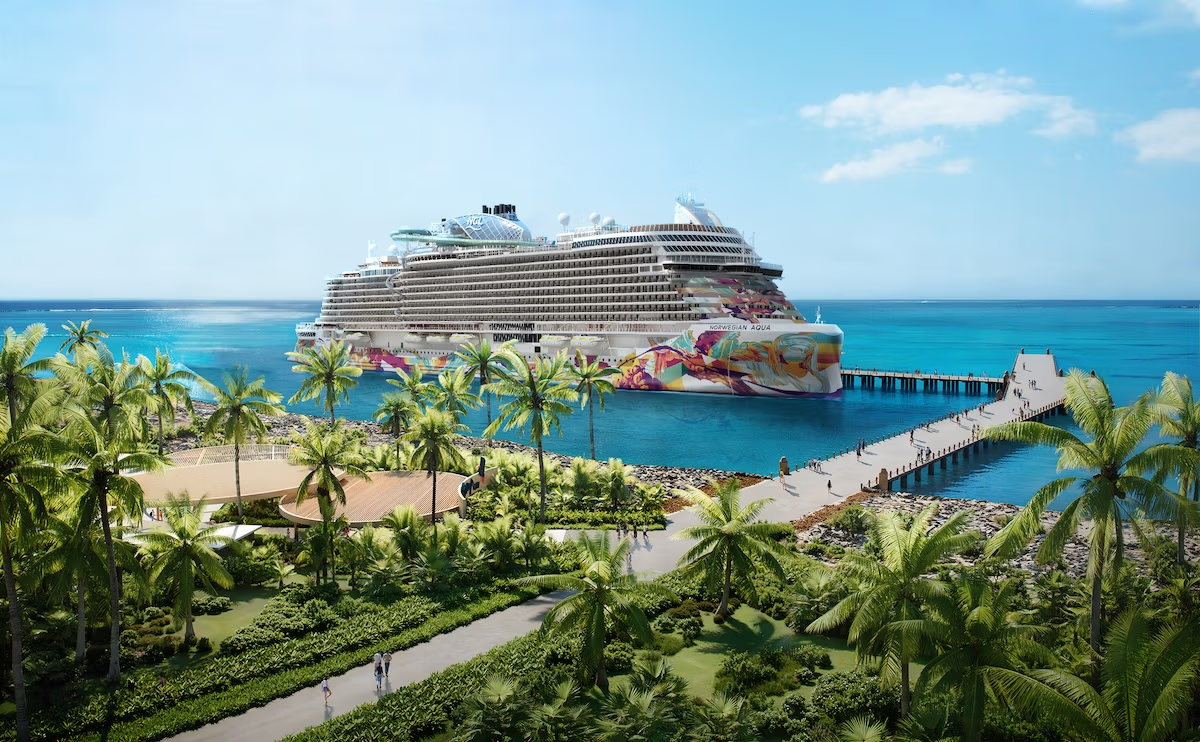Ask an experienced cruiser if ships are safe, and you’re likely to get an eye roll, a heavy sigh, and maybe info on how many times they’ve sailed without once having encountered an accident, illness, or even a skipped port.
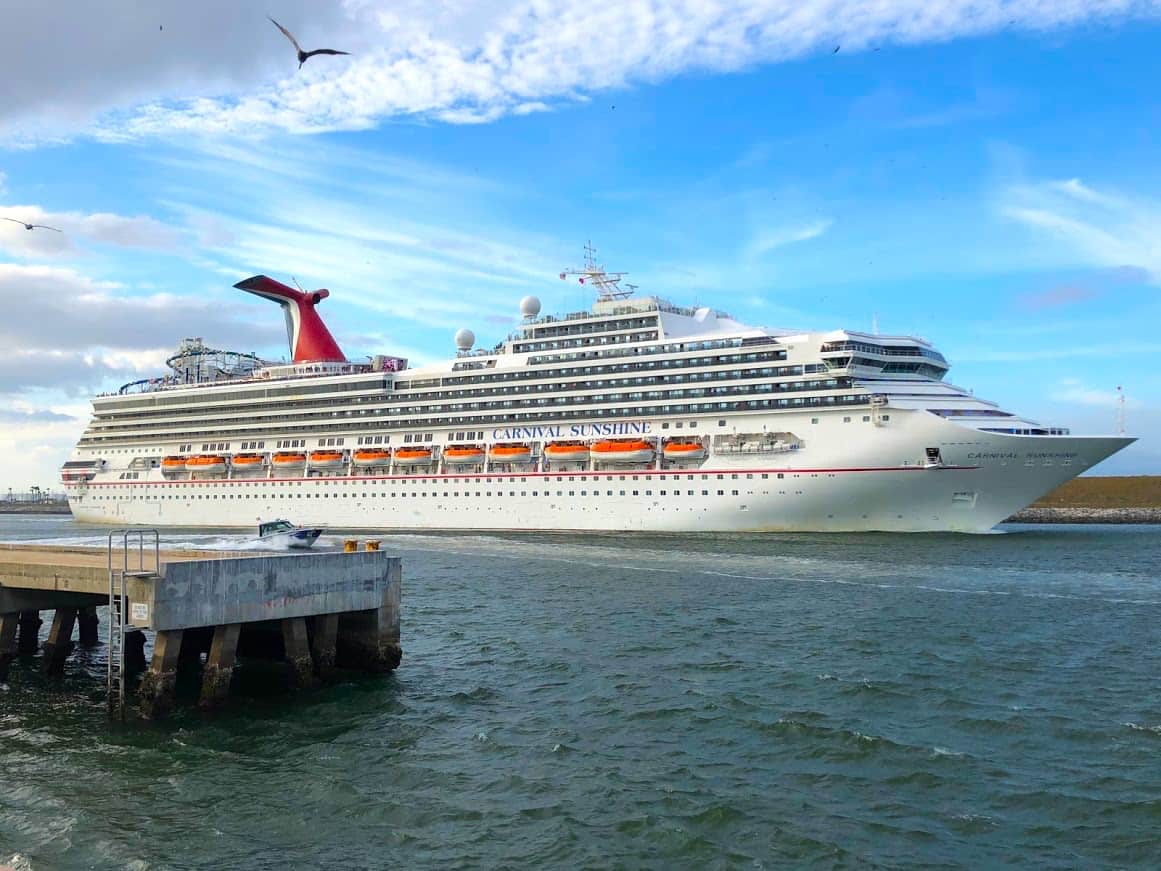
However, it’s understandable why first-time cruise passengers would sincerely pose the question given how often reports of incidents on the high seas are reported by the mainstream media.
The problem is that while those outlets are the first to report on the downside, they’re not as quick to tell the other side of the story.
As it turns out, there’s a lot of stories to tell. Thanks to the crisis which shut the entire industry down, it’s not surprising that people have questions.
While some of those will have to remain unanswered until newly-introduced (and still being developed) protocols are thoroughly tested, there are plenty of areas we can explore regarding the questions of safety aboard cruise ships.
Cleanliness
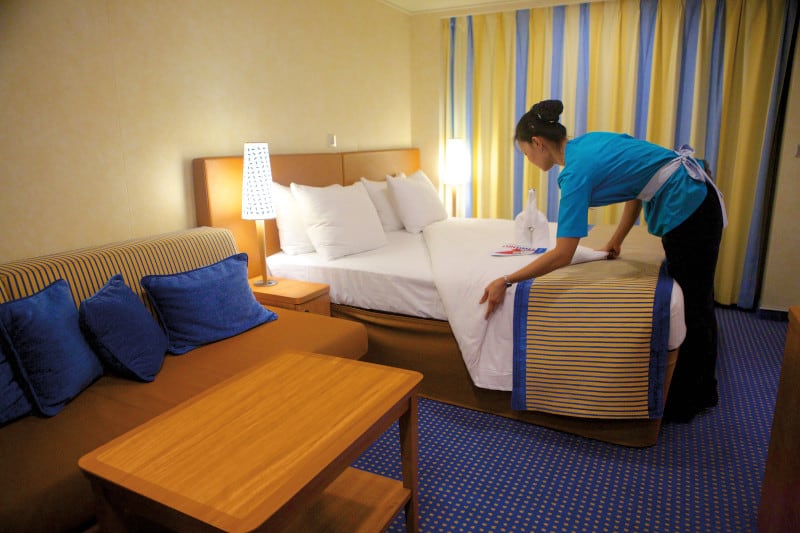
Long before the health crisis of 2020, cruise ships implemented health regimens and protocols that went far above what you’d find in just about any land-based facility.
When’s the last time your hotel room was cleaned twice in a single day, as happens on nearly every cruise ship?
One of the terms you’ll hear referenced often when mainstream outlets write about cruise ships is “floating petri dish.” It’s a nasty little term they use with shocking regularity because it easily summons up the worst possible images for the reader.
The only problem? It’s wildly inaccurate.
READ MORE: New HVAC Systems Could Make Cruise Ships Safer
A petri dish is, by definition, a lidded or closed environment whereas cruise ships are anything but. One of the things cruisers love most is the fresh air and sunshine to be found in the middle of the ocean.
There’s a reason so many of us love having balcony staterooms: It’s all the better for soaking in that brisk, awesome atmosphere.
Plus, in light of the 2020 health situation, many ships are overhauling their systems to provide a constant flow of fresh air throughout the ship, whether you’re hanging out in the atrium or napping in your inside cabin.
Vessel Sanitation Program
A first-time cruiser recently asked us, “Do we have to just trust that the cruise lines are following the rules? How do we actually know?” The answer is pretty simple: the Centers for Disease Control and Prevention has a program known as the Vessel Sanitation Program or VSP.
READ MORE: Everything You Want To Know About Cruise Ship Safety Inspections
In essence, this entire program exists for that exact purpose: To make sure, via surprise inspections, that cruise ships are following all of the very stringent rules and protocols put in place in regard to the health and safety of passengers and crew members.
Ships are graded on a scale of 1 to 100, with anything below 86 considered a failing score.
While hundreds of ships are inspected each year, very few actually wind up failing. Those that do are given a report detailing the violations and a second inspection is later done to make sure the issues have been rectified.
It’s important to note that these are surprise inspections, meaning that ships get no warning. As a result, they must always be prepared for an inspection to happen at any time. Which, of course, means that they need to always be following the highest standards possible.
Cruise Safety Briefings
Think of the muster drill or safety briefing as the ultimate precaution. It’s similar to when you board any commercial aircraft and the flight attendant walks you through everything from the emergency lighting to locating the nearest exit.
The fact of the matter is that accidents can and do happen, whether you are at sea or on land. Safety drills are designed to prepare passengers for any scenario, unlikely as they might be.
Safety Regulations
All cruise ships must follow SOLAS (safety of life at sea) regulations, a set of rules set by the IMO (International Maritime Organization).
First adopted in 1974, this program includes constant crew safety training, lifejacket inspections, and ongoing lifeboat maintenance. SOLAS is enforced by the country the ship is sailing from, in North America it is the United States Coast Guard.
READ MORE: Cruise Line To Introduce New Type of Muster Drill
While some ask why they must attend a safety drill when they have been on previous — often multiple — cruises, there are laws requiring attendance. And not for nothing, but it’s probably a good thing to have attended the muster drill so often that you can recite it along with the crew members. Should an emergency arise, you will most definitely be prepared.
Cruise Ship Balcony Safety
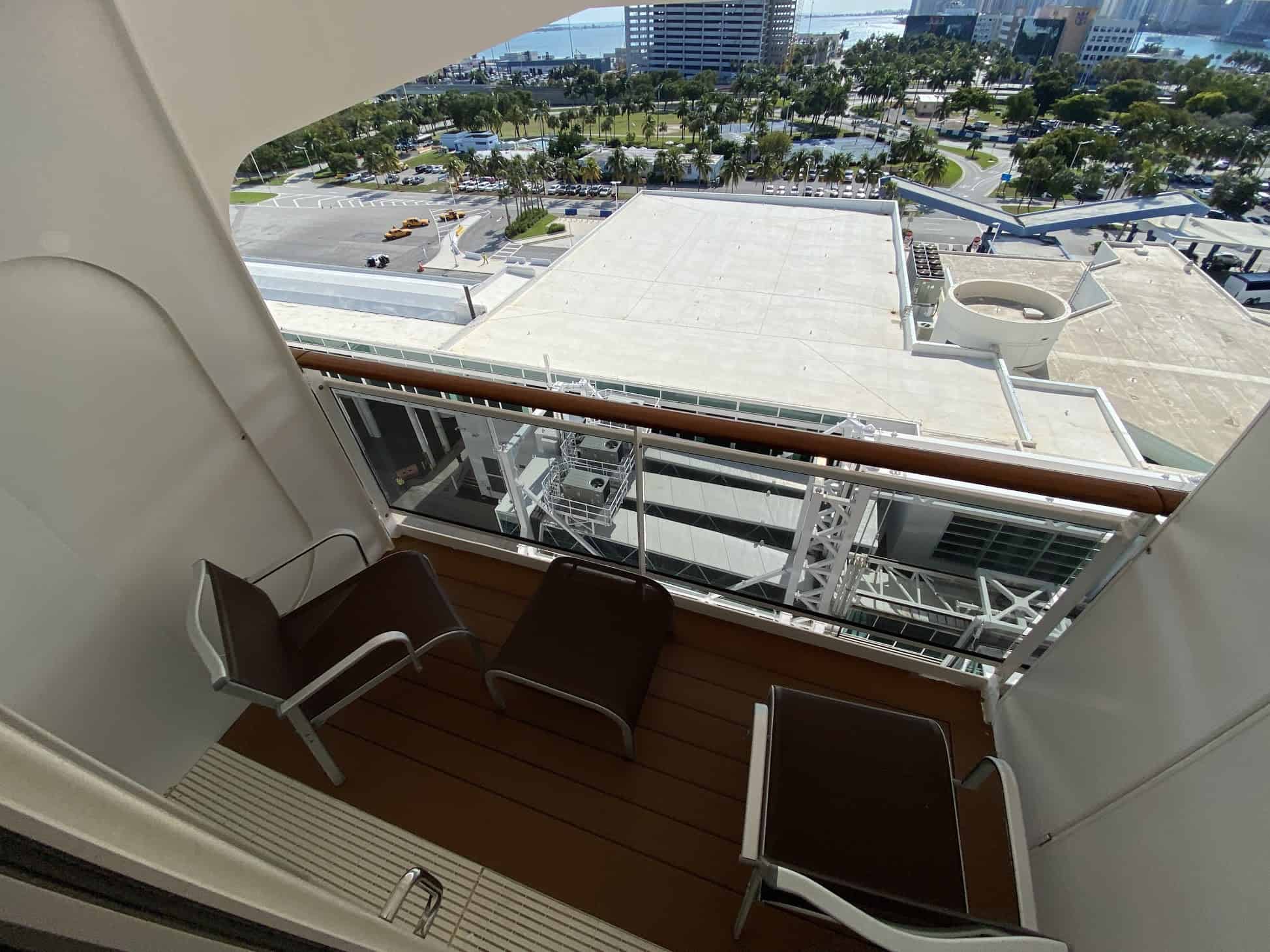
One of the most popular myths among those who’ve never cruised is that one can easily fall off a cruise ship, especially when spending time on a stateroom balcony. The reality, however, is that it’s next to impossible to “fall off” a balcony unless you’re doing something you definitely shouldn’t be doing.
Last year, for example, we reported on a woman who was banned for life from future Royal Caribbean cruises because she’d climbed over the balcony railing to take a selfie.
While the woman in question did not fall, it’s easy to imagine a scenario where she could have not only slipped but wound up dead as a result.
The biggest dangers posed by balconies are completely within the control of the passenger. That’s true whether it’s observing common-sense rules against climbing up or sitting on the railing or smoking.
Not only is smoking on the balcony a nuisance to any non-smoking neighbors, but it’s dangerous in that it can easily lead to a fire. And as they point out in those muster drills, fire is one of the biggest dangers a ship at sea can possibly face.
Are Cruise Ships Safe in Storms?
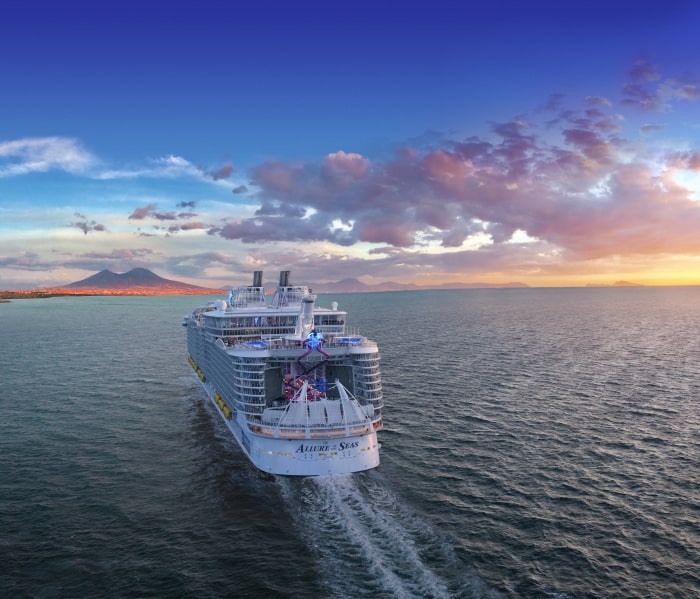
Yes, there are some aspects to cruising which might present a potential danger, but the lines do everything in their power to mitigate those risks.
For example, the weather. While we all hope to have clear skies and smooth sailing, the fact of the matter is that Mother Nature sometimes throws us a curveball.
Sometimes, those curveballs take the shape of weather events like storms or even hurricanes.
READ MORE: What You Need To Know About Cruising During Hurricane Season
There are, of course, ways in which you can reduce the chances of running into bad weather. One is to avoid sailing during hurricane season. The other is to make sure to do a little research into typical weather patterns impacting the part of the world you’ll be sailing from, to and through.
External Dangers
If you want to look at extreme cases — or simply want to really, really play into your most paranoid fears — you could spend a bit of time thinking about the possibility of your cruise ship being attacked by pirates or terrorists.
We have reported in the past on ships taking extraordinary measures in an effort to avoid such attacks while traveling on very specific routes which placed them in potential danger.
While there have been several pirate attacks over the past 10 years, almost all have been upon vessels much smaller than the modern cruise liner. This isn’t likely a coincidence, given that logic dictates it would take a lot of pirates to take over a ship the size of a small city.
Cruise lines also keep an open eye on the geopolitical situations unfolding in the ports they plan to visit. The last thing they want is to dock in a port where the ship, her crew, and passengers might wind up in danger thanks to an unstable political environment or terrorist activities.
Law Enforcement on Cruise Ships
Just like on land, you’ll find security onboard cruise ships as well. The security team enforces everything from kids wreaking havoc late at night to more serious incidents such as assaults and rape. The captain of the cruise ship is required to report any crimes or incidents to shoreside authorities. Often time, getting the local police or government authorities involved in the investigation.
Even though they may not be noticed at first glance, most cruise ship security officers wear body cameras for their protection and yours.
Medical Facilities
Another big question asked by new cruisers is about the infirmary onboard. All mainstream cruise ships travel with doctors and nurses on board that are on call 24/7.
These doctors have a pretty wide range of experiences, having had passengers come to them with everything from a head cold, broken bones to head trauma.
But be warned: Visits to the medical center can be pricey, and are one of the primary reasons we absolutely always recommend having travel insurance.
Getting Seasick On A Cruise
For many people, there’s only one way to find out how vulnerable they’ll be to the inevitable movement of a cruise ship at sea, and that’s by spending time onboard.
Unfortunately, for some people, this means spending a day or two green around the gills until they find a solution that works for them. There are, of course, all kinds of seasickness remedies available. Mention that you’re feeling ill, and experienced cruisers will whip open their purse or backpack and offer you everything from wrist bands to ginger candies.
One way to find out just how vulnerable you might be is to find another way to spend time on the water.
For example, if you happen to live near a port city (such as New York City) where there are tour boats, consider going out on one for a few hours.
Pin it!

